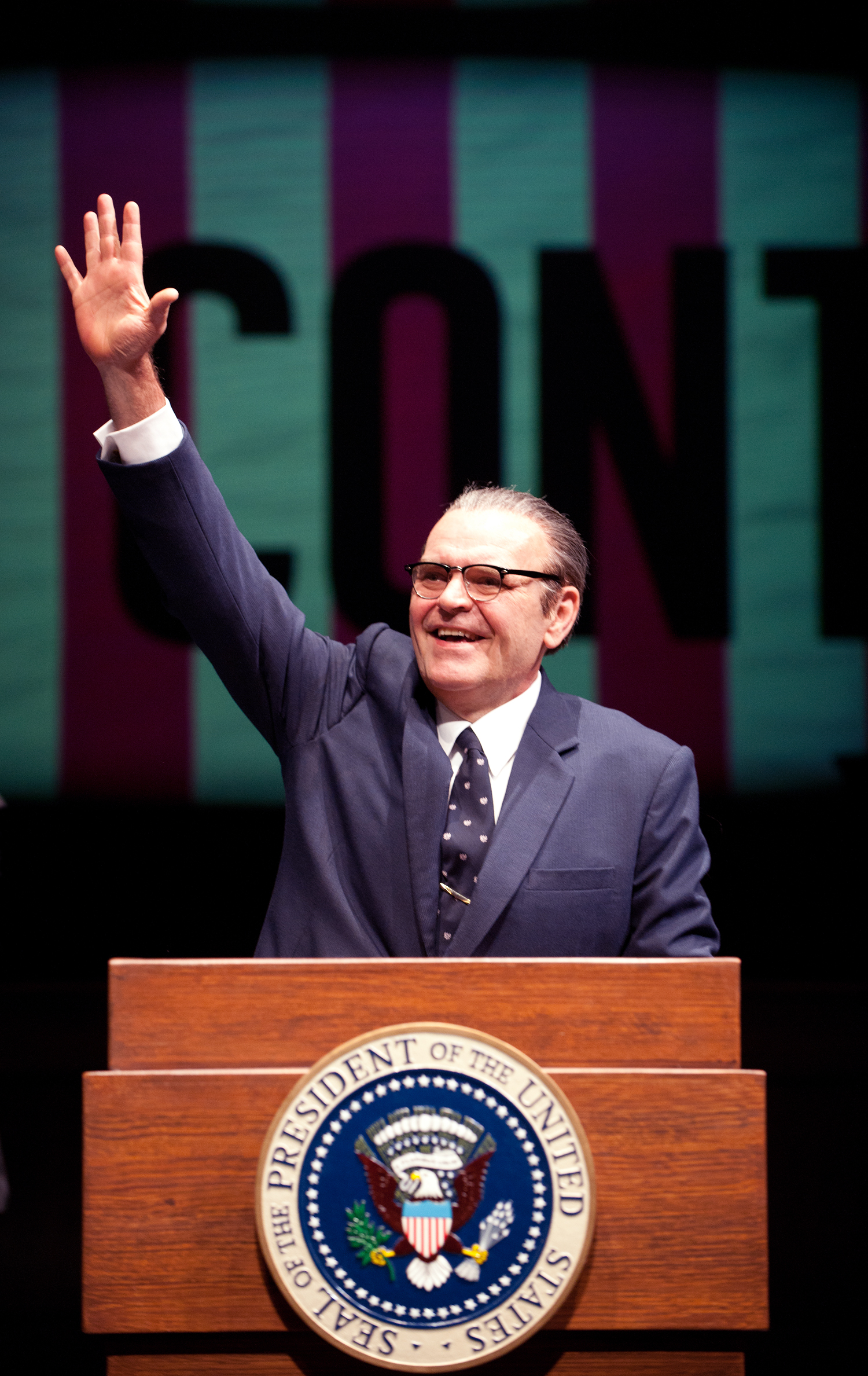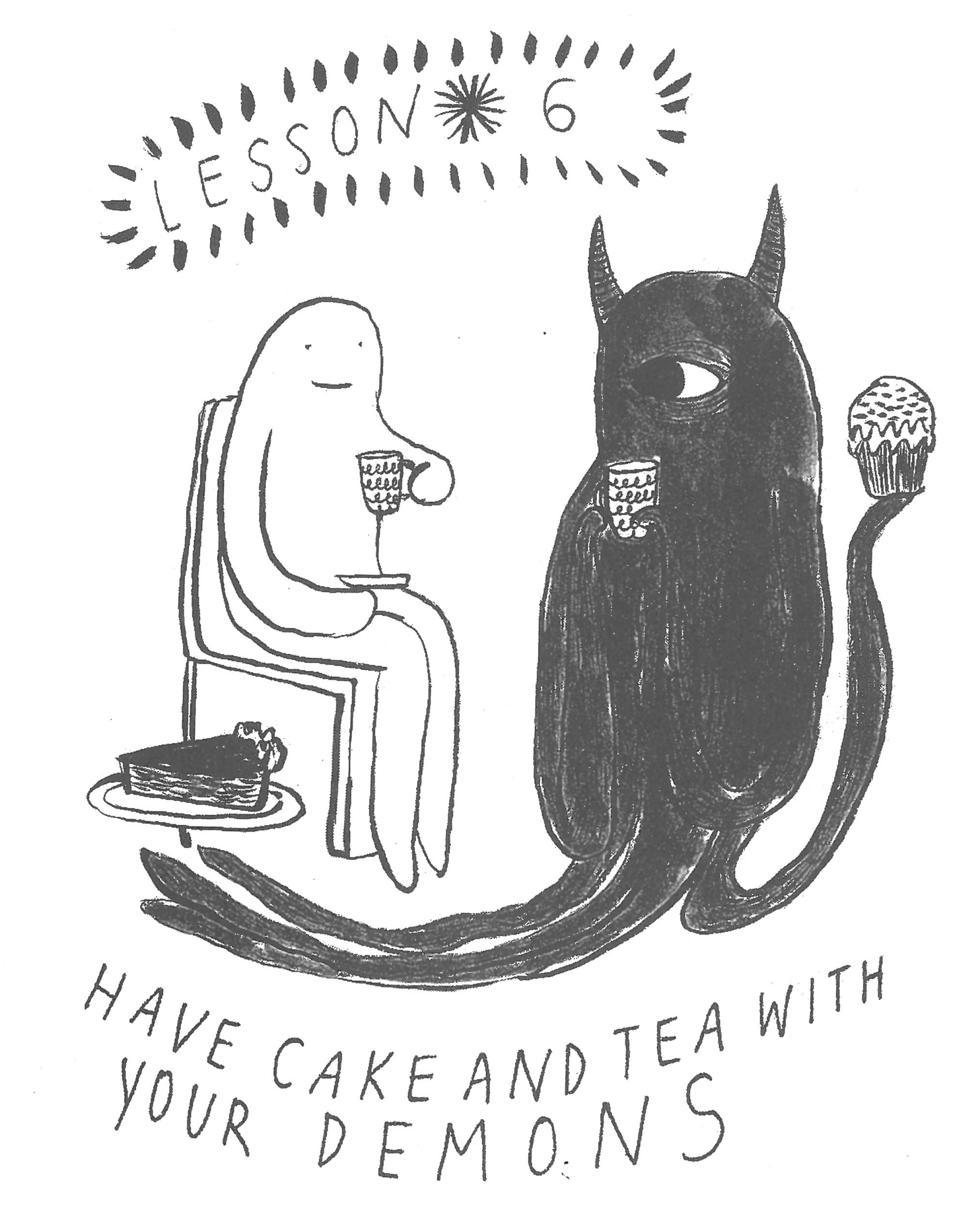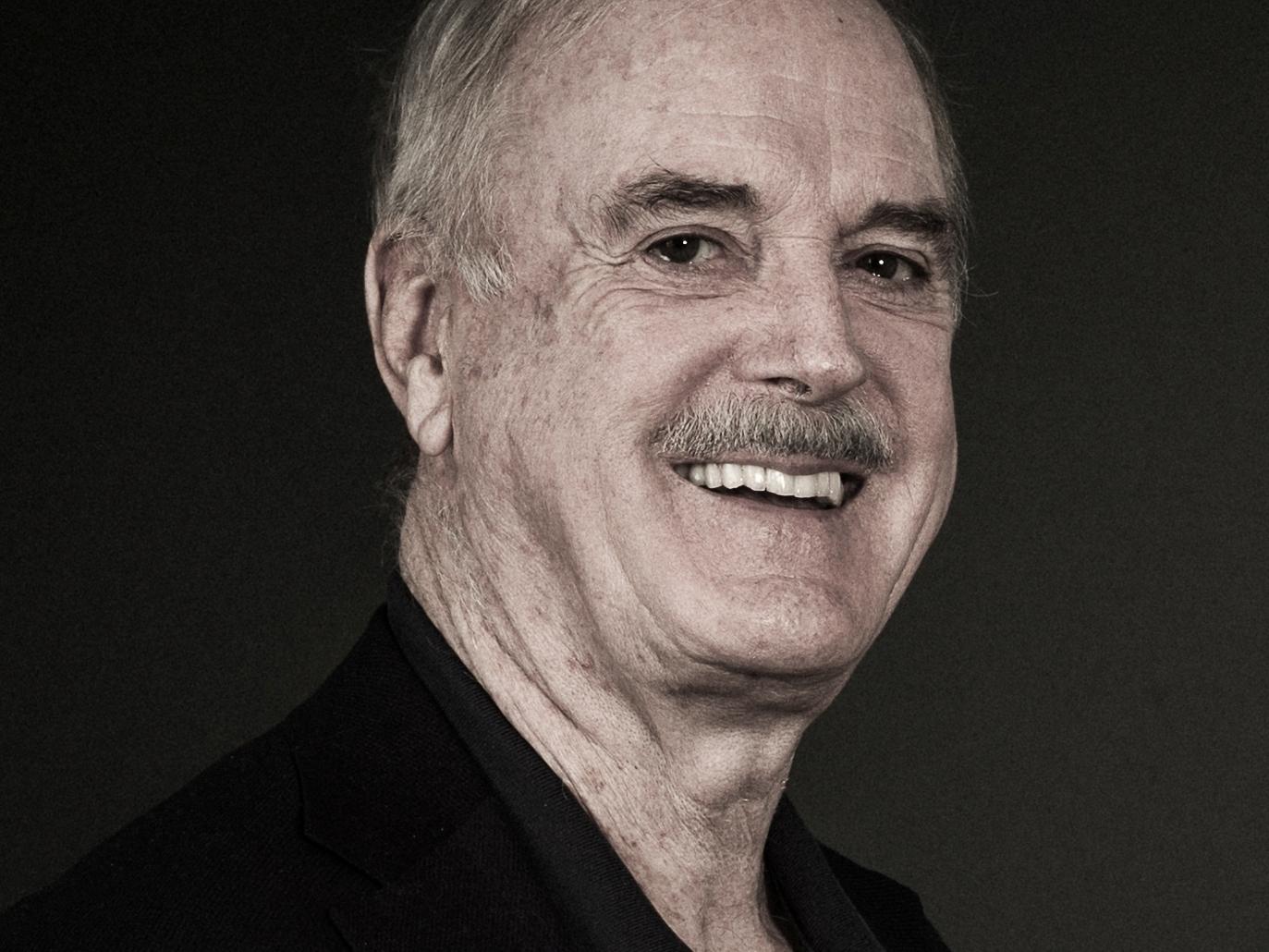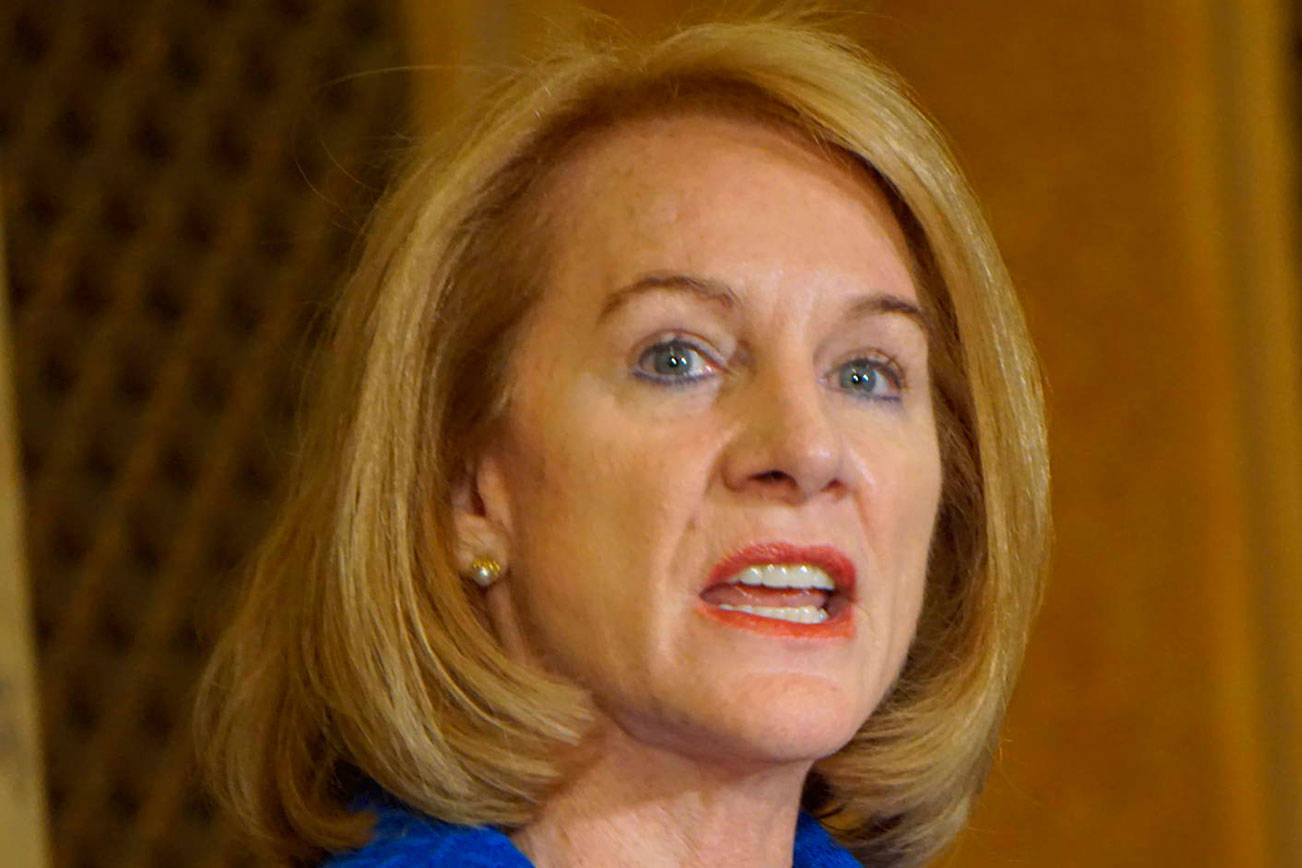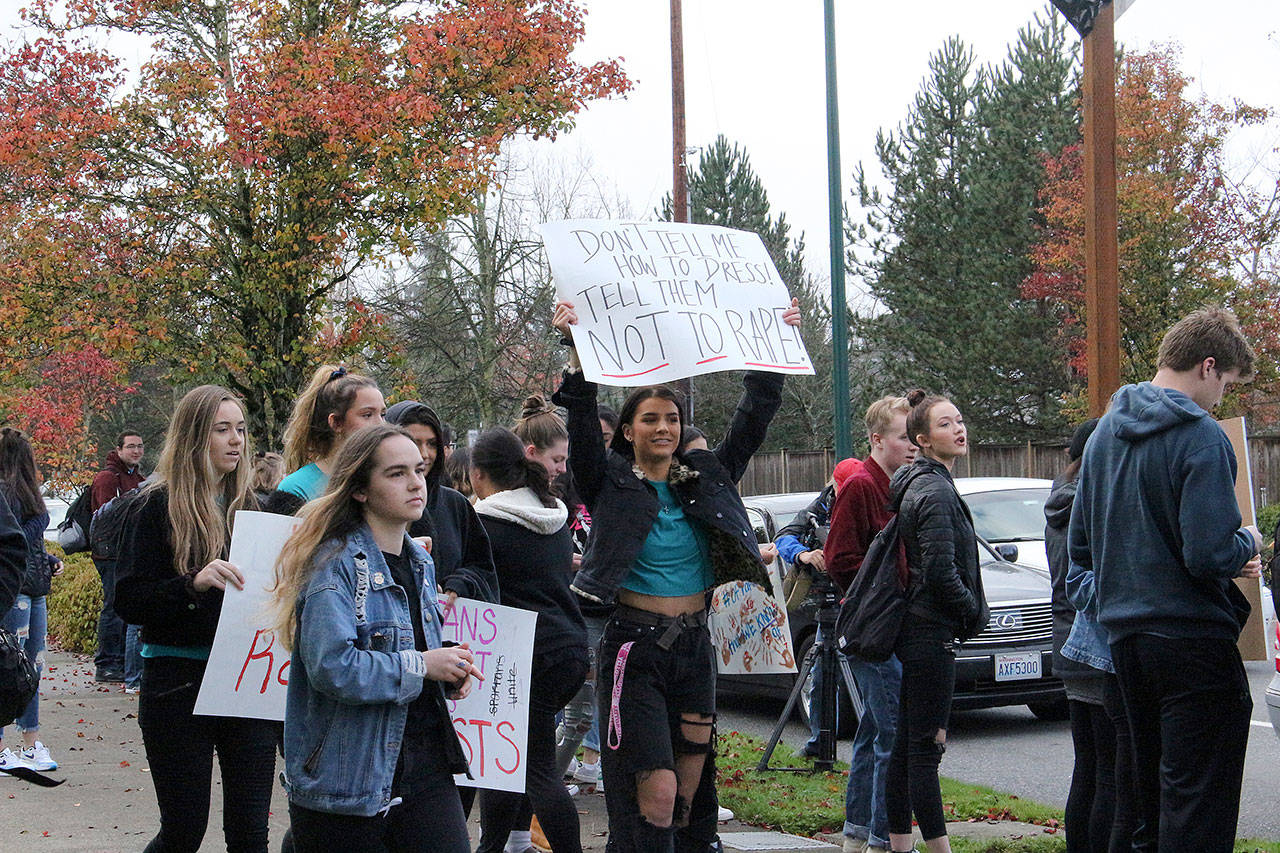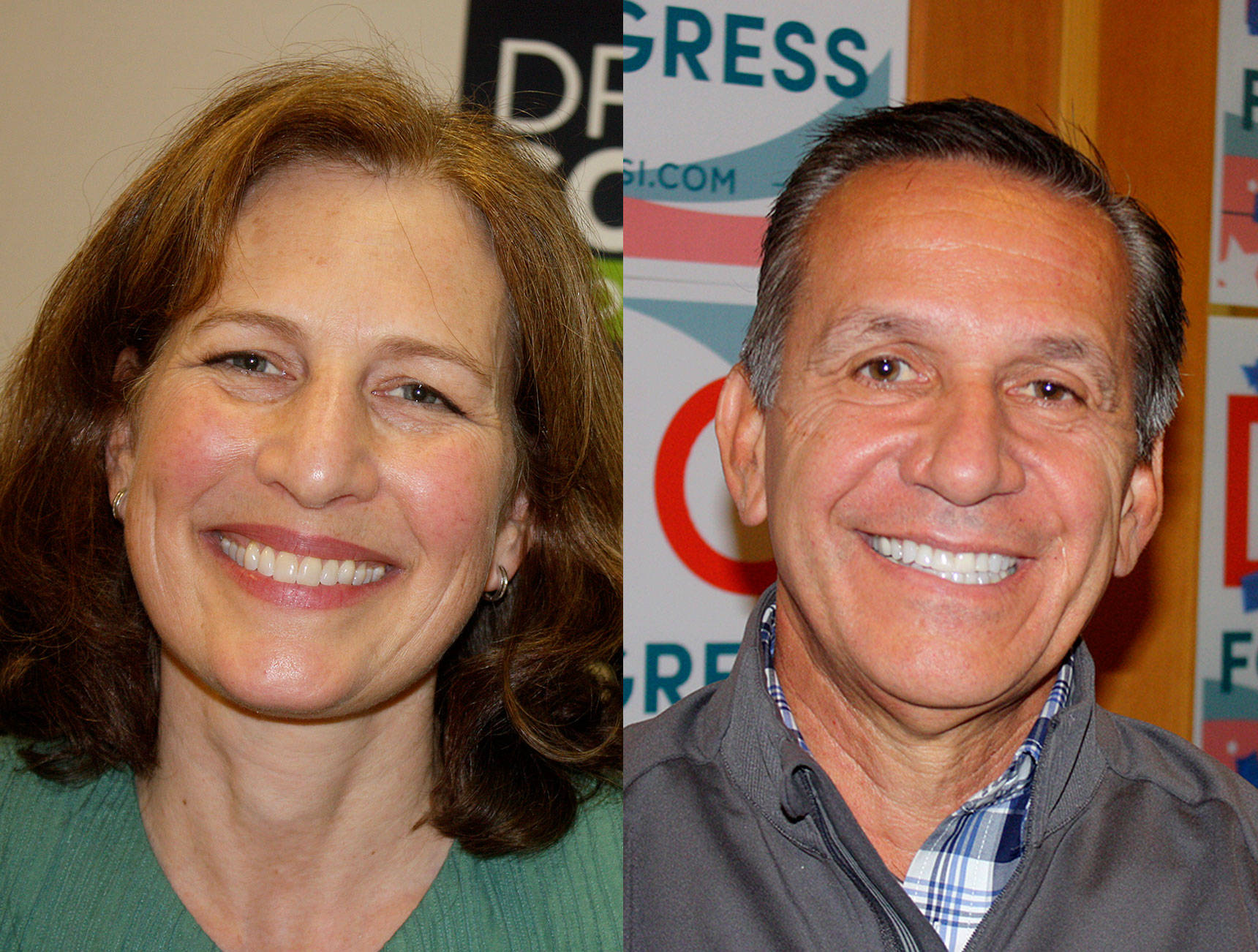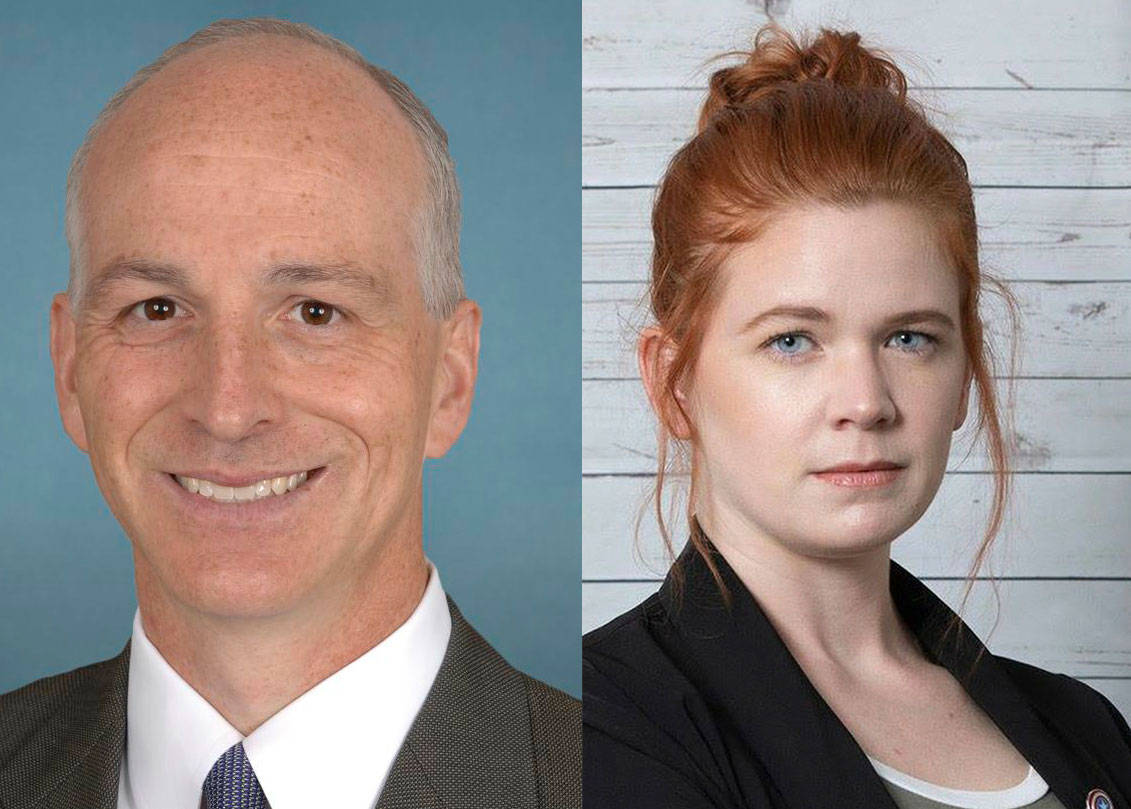Thursday, Nov. 13
Fail Better
Samuel Beckett’s admonition to “fail better” seems like a perfect fit for the kinetic artists of UMO Ensemble, whose physical practice is full of risk and challenge. Says the company, “Beckett’s writings speak directly to physical enterprise: walking, balancing, throwing, eating, hanging, and spinning.” For its contribution to the Seattle Beckett Festival, UMO is translating seven of the playwright’s philosophical conundrums into a kind of circus program. There, juggling, teeter-totters, and trapezes are the tools used to explore his existential imperatives. Elizabeth Klob directs a cast of four. (Through Nov. 23.) ACT Theatre, 700 Union St., 292–7676, acttheatre.org. $15–$25. 8 p.m.
SANDRA KURTZ
Cinema Italian Style
Depending on your appetite (for Italian food and wine, natch, served at the Sorrento), you can opt in or out for tonight’s festival opening gala after the first movie. Director Francesco Bruni will attend the screening of his family drama Noi 4 (that’s essentially “us four” in English), about a separated Roman couple trying to keep track of their kids—one in his errant teens, the other in her wild 20s. Other highlights among 20 titles during the eight-day fest include a new print of Bernardo Bertolucci’s 1970 The Conformist; the black comedy I Can Quit Whenever I Want, about an academic who somehow turns to drug dealing (rather like Breaking Bad, no?); and the well-reviewed and very class-conscious Human Capital, Italy’s official Oscar submission this year, about the unexpected consequences of a traffic accident that sends wealthy families near Milan into upheaval. (Through Nov. 20.) SIFF Cinema Uptown, 511 Queen Anne Ave. N., 324-9996, siff.net. $7–$25. 7 p.m.
BRIAN MILLER
Anthony de Mare
It sounds ridiculous to say Stephen Sondheim’s music hasn’t gotten the attention it deserves; he’s the most admired and honored showtune-maker of the past half-century. But I mean his music as music, without all those distracting lyrics. The harmonic subtleties even of a song as familiar as “Send in the Clowns” can get lost coming from a theater pit. So probably it’ll be revelatory for even the most devoted Sondheimians to hear his songs as pianist de Mare presents them: He commissioned 36 composers—among them Steve Reich, William Bolcom, Wynton Marsalis, and ex-Bainbridge Islander Jherek Bischoff—to, as he calls it, “re-imagine” (rather than merely arrange) Sondheim favorites as solo concert pieces. The selection de Mare will perform tonight includes not only “Clowns,” but gems from Sweeney Todd, Sunday in the Park With George, Follies, and more. Cornish Playhouse at Seattle Center, cornish.edu. $20–$32. 8 p.m.
GAVIN BORCHERT
Friday, Nov. 14
All the Way
Seattle playwright Robert Schenkkan’s acclaimed drama about LBJ’s passage of the Civil Rights Act of 1964 earned Tony Awards for Best Drama and its star, Breaking Bad ’s Bryan Cranston, after reaching Broadway last year. Now Seattle audiences can finally see the work, with Jack Willis assuming the title role. (Kenajuan Bentley plays MLK, who lobbies for speedier progress on civil rights; Richard Elmore potrays J. Edgar Hoover—and we know which side he’s on.) In this, the 50th-anniversary year of the Civil Rights Act, with an African-American president in the White House, All the Way is automatically the biggest stage event of the season.
Not only is All the Way historical, it’s painfully topical: A half-century’s seeming progress toward racial equality has now stumbled in ways that LBJ partly anticipated. The South has flipped to solid Republican (his prediction), and its ossified white leaders (abetted by FOX News) have thwarted, belittled, and demonized the president as an ineffectual other. Voter-ID laws and restricted voting hours are resurgent in red states. GOP-controlled state legislatures have drawn electoral maps that herd blacks into homogenous, gerrymandered districts that dilute their voice in Congress. No surprise that many forums and discussions, at the Rep and elsewhere, are scheduled in the coming weeks.
Bill Rauch directs both this play and Schenkkan’s new companion piece about LBJ’s struggles from 1965–68 (chiefly Vietnam), The Great Society, which opens December 5 and alternates with All the Way (sharing the same cast) through January 4. Seattle Repertory Theatre, 155 Mercer St. (Seattle Center), 443-2224, seattlerep.org. $17–$150. 7:30 p.m.
BRIAN MILLER
Spectrum Dance Theater
The upstairs studio at Madrona Dance Center is more than spacious enough for classes, but when it’s transformed into a performing space, the dancers are right on top of the audience. This can lead to some extreme experiences, and that’s likely just fine with Spectrum Dance Theater director Donald Byrd. In this fall program, Byrd is reviving his high-tension Interrupted Narratives/WAR from 2006, and adding three more works, including a premiere to Arnold Schoenberg’s iconic Verklarte Nacht (Transfigured Night). Since its 1899 premiere, the score for string sextet has attracted choreographers who want to grapple with its emotional intensity, which should be right up Byrd’s alley. (Through Sun.) Madrona Dance Center, 800 Lake Washington Blvd., 325-4161, spectrumdance.org. $20–$30. 8 p.m.
SANDRA KURTZ
Saturday, Nov. 15
Go West Grand Opening Day
Nearly four years after the German billionaire Erivan Haub and family announced their gift of some 300 works to TAM, plus most of the funding for a $15.5 million museum expansion (adding one-third more space), we can see both the art and the architecture (by Seattle’s Tom Kundig) unveiled today. Haub, a grocery-chain magnate, spent considerable time in the U.S. and Tacoma (where his sons were born); representatives of his family will be on hand for today’s ceremonies. In addition to the opening of Art of the American West: The Haub Family Collection, new works from Northwest artists Julie Speidel and Marie Watt go on view. TAM has a curator talk, music, craft-making, and family activities planned to help celebrate. (There’ll even be a stagecoach ride for the kids.)
Inside the new wing, you can appreciate about half the Haub bequest (the collection will rotate), including landscapes by Albert Bierstadt, nature studies by Georgia O’Keeffe, and bronze cowboy sculptures by Charles M. Russell. A new catalog has been written for the Haub collection; and because every museum needs a mascot, as SAM’s Hammering Man can attest, today also marks the gift-shop debut of Cody the toy stuffed bison. Tacoma Art Museum, 1701 Pacific Ave., 253-272-4258, tacomaartmuseum.org. Free. 9:30 a.m.–5 p.m.
BRIAN MILLER
Yumi Sakugawa
According to the Public Religion Research Institute, 22 percent of Americans identify as “unaffiliated”—a huge jump from the 8 percent surveyed in 2003. The trend is especially strong in the 18–29-year-old bracket: 32 percent of us godless, heathen millennials don’t claim any religious affiliation at all, and we’ve got the awesome legal weed and hot gay wedding parties to prove it. Despite all that, to the ire of old white clergymen, an increasing number of us seemingly hedonistic youths are confoundingly identifying as “spiritual, but not religious.” (Evidence: the pantheon of mystical symbols splayed on a trendy Actual Pain T-shirt. Further evidence: the popularity of Neil deGrasse Tyson.)
Thus Sakugawa’s Your Illustrated Guide to Becoming One With the Universe (Adams, $14.99)—a beautiful, funny, and genuinely inspiring spiritual handbook for the Cosmos age you didn’t know you were waiting for. The California comic artist manages to talk about connectedness, intentionality, and exploring “your inner cosmos” with a breeziness and wit that puts ancient religious tomes to shame. (Her gorgeous drawings certainly help.) Scientifically speaking, we are all made of the universe (Sagan’s famous “star stuff,”) and Sakugawa’s quiet truisms, deceptively simple exercises, and surreal ink-wash mandalas effortlessly engage you in the profound consequences of that simple realization.
Sakugawa appears today as part of the Short Run Comix & Arts Festival, with work by 200 artists, food, roaming poet Elissa Ball, live art-making by Clyde Petersen and Amy Kuttab, games, and swag bags; an after-party follows from 8–11 p.m. ($5, 21 and over). Washington Hall, 153 14th Ave., shortrun.org. Donations encouraged (RSVP via Facebook). 11 a.m.–6 p.m. (Also: 3:30 p.m. Sun. at Elliott Bay Book Co.)
KELTON SEARS
John Cleese
This event is naturally sold out, but I suspect many SW readers already have their tickets—and book, So, Anyway . . . , ticket included with purchase—to see this Monty Python member in a Seattle appearance so rare that no graybeard I’ve asked can even remember the man visiting our city before. Could this be Cleese’s first and likely only sojourn to the Pacific Northwest? He and his four surviving fellow Pythons played some hugely profitable live comedy dates in London this past summer, which many called a swan song for the group. (All are into their 70s now; Cleese is 75.) Cleese’s new memoir is actually a pre-Python account of his humble youth and comedy coming-of-age, which began at Cambridge with fellow student Graham Chapman. After graduating, he became a writer for David Frost at the BBC. Through the latter’s sponsorship, he and Chapman created something called At Last the 1948 Show (this being the mid-’60s), which led to a fateful meeting with the Oxford triumvirate of Palin/Idle/Jones. And the rest, as you know, is comedy history. University Temple United Methodist Church, 1415 N.E. 43rd St., 634-3400, bookstore.washington.edu. $28. 7 p.m.
